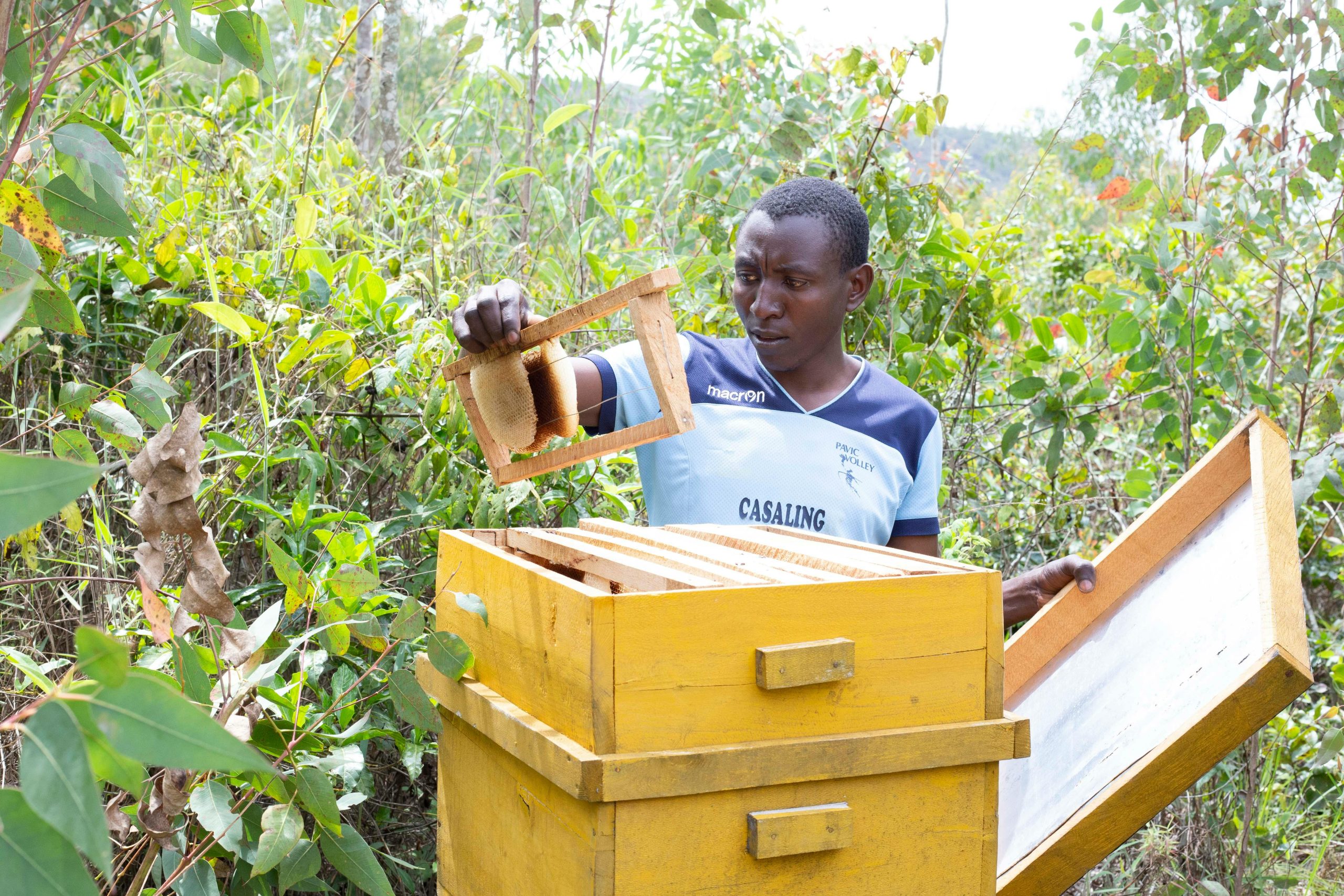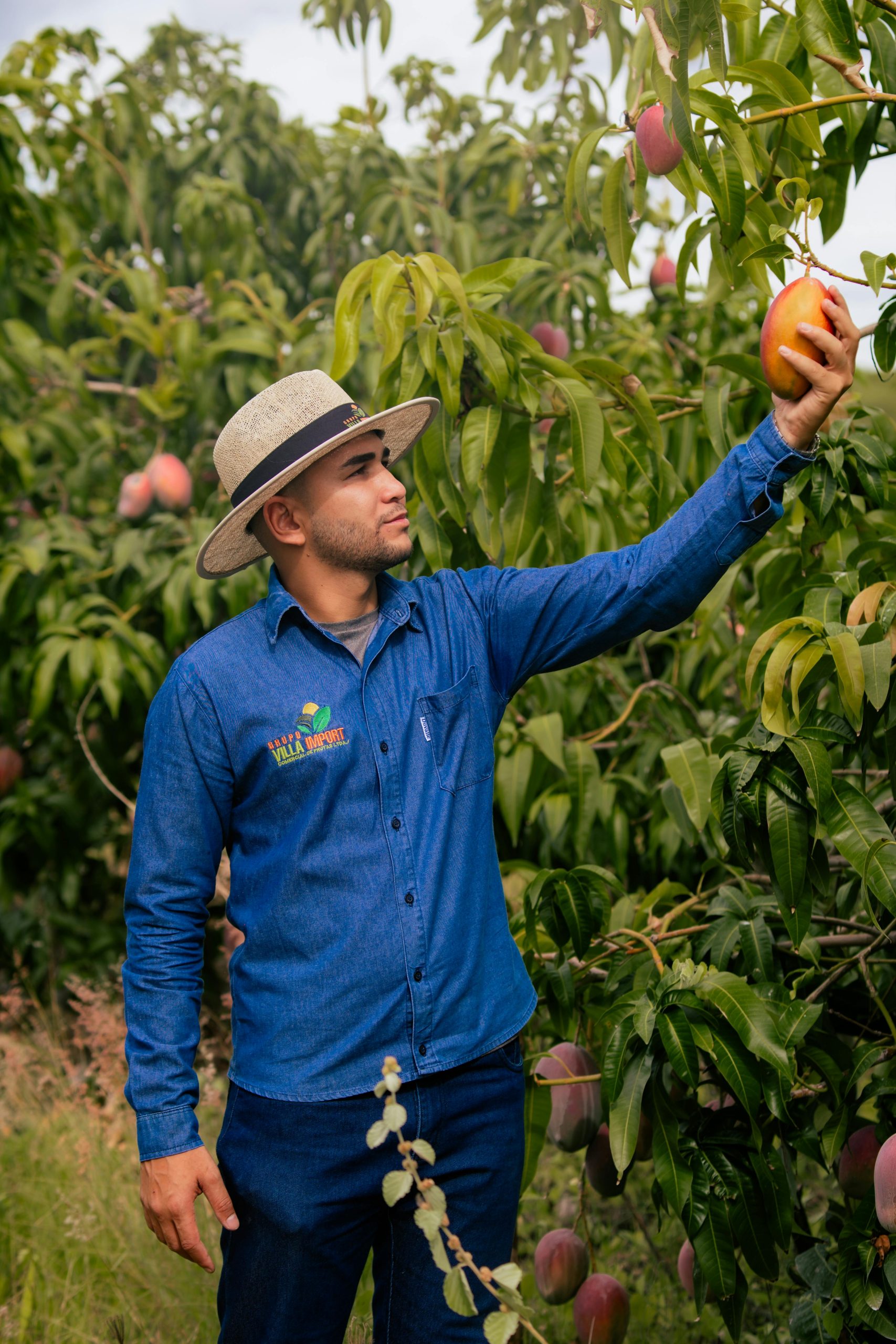
Beekeeping, also known as apiculture, is one of the most overlooked yet highly valuable agricultural practices. While many farmers focus on crop cultivation or livestock rearing. Beekeeping offers unique benefits that make it stand out among other farming activities. It requires minimal land and low investment. Yet it yields high-value products such as honey, beeswax, and propolis.
Introduction
Beekeeping differs from many agricultural ventures, which highly depend on seasons or large-scale inputs. It is less labor-intensive and more sustainable. Bees not only produce honey but also play a crucial role in pollination. which enhances crop productivity and supports biodiversity. As a result, beekeeping serves as a valuable complementary activity that enhances the success of other agricultural sectors.
As the demand for natural and organic products continues to rise, beekeeping presents a lucrative business opportunity. At the same time, it contributes to environmental conservation and food security. In this article, we will explore why beekeeping is more important than other agricultural practices. Also, why does it deserve more attention and support in modern farming systems?
The Abundance of natural resources for beekeeping.
There is a rich variety of indigenous honeybee populations, free from major diseases and parasites. This, coupled with an abundance of flowering plants, crops, and water in the country. Provide the natural resources necessary for the successful development of the practice as a viable economic enterprise.
Indigenous knowledge and skills.

Honey hunting and exploitation of honeybees are well understood and have been practiced for time immemorial. Therefore, rich indigenous knowledge and skills can be easily developed. Through training individuals on how to practice modern commercial beekeeping for value addition to the sector.
Easy integration in crop production systems.
Crop production in Uganda is very compatible with beekeeping, where the two develop a symbiotic relationship beneficial to both organisms. Major food crops such as tree crops, cereals, pulses, spices, and a variety of fruit crops benefit from pollination by bees. In turn provide very useful forage sources for the bees. Honey bee pollination accounts for a third of global food production, with several crops being solely dependent on their pollination. Passion fruit growing can be greatly improved by bees through pollination. The passion, too, will provide nectar to the bees.
Low technology requirements and ease of processing.
There is an abundance of traditional management technology and harvesting and processing skills that have stood the test of time. Low-technology beekeeping can be done near homesteads, making beekeeping especially suitable for women and youth. The hive’s centrifugal extractor can achieve effective processing. It enables efficient honey extraction while preserving the comb, thereby reducing the time between harvests. Bees do not have to go through comb construction again but rather start packing honey in cells immediately after harvesting.
No land holding requirement.
Apiculture can be carried out anywhere in Uganda. Making it possible to site beehives in thickets, forests, and woodlands that will then be utilized economically to give returns. Bees do not compete with other sources of agriculture but rather are a vital part of the forest ecosystem
Honey and other products generate income.
Beekeeping is an ideal income-generating activity that is not labor or time intensive, and there is a ready market for local and international products.
Beekeeping is possible even for people with limited resources.
Bees are obtained from the wild and do not need beekeepers to feed them. Except for a few rare days of extreme weather. They do not require treatment since African bees have shown tolerance to the Varroa mite and common bee diseases around the world.
Environmental conservation.
Families as Beekeepers have a financial reason to conserve the environment, ensuring that flowers are protected and, in the process, the environment is conserved.
Source of employment.
It provides employment opportunities to the community, for example, the people who run the apiary, called the apiarists and many others in different fields like marketing and administration. Beekeeping can be done by people of all ages because they do not require daily care. The old, young, disabled women can engage in this enterprise with ease, especially The Hive’s CAB hives (The modern and Latest version of the Langstroth Beehive, specifically designed for the African bee), which can be placed close to the ground where they can easily be accessed.
Agro-tourism.
This well-organized beekeeping project will be a great potential for agro-tourism in Uganda and worldwide. The world is looking for the best species of bees (Apis mellifera), and these were naturally gifted to Africa, and the pearl of Africa (Uganda) is A part and brings in foreign exchange.
Biodiversity.

The Beekeeping project contributes significantly to biodiversity. By sustaining habitats through pollination, and hence the reproduction of plants in those habitats. The text emphasizes how various plant species in natural vegetation may have become extinct due to a lack of pollinators. To support bees, we consistently plant a diverse array of flowering plants that provide them with the pollen and nectar they need for food.
Bee products have medical value.
The bee products, like propolis, are known for the cure of ulcers, diabetes, and headaches, and act as an anti-bacterial when consumed. Bee venom is good for all types of cancer at early stages, Bee pollen is a natural food supplement, and Royal jelly Arthritis.
In conclusion, all agricultural activities are essential for supporting livelihoods and ensuring food security. Beekeeping stands out due to its unique economic, environmental, and ecological benefits. It is a low-cost and high-return venture. Beekeeping enhances crop production through pollination and contributes to biodiversity.
Additionally, it provides marketable products such as honey and beeswax. As farmers and policymakers look for more sustainable and profitable farming practices, promoting and investing in beekeeping can be a smart and impactful choice for long-term agricultural development.


